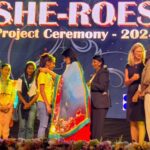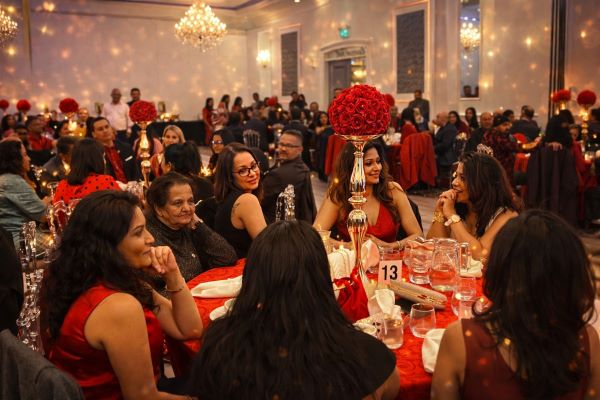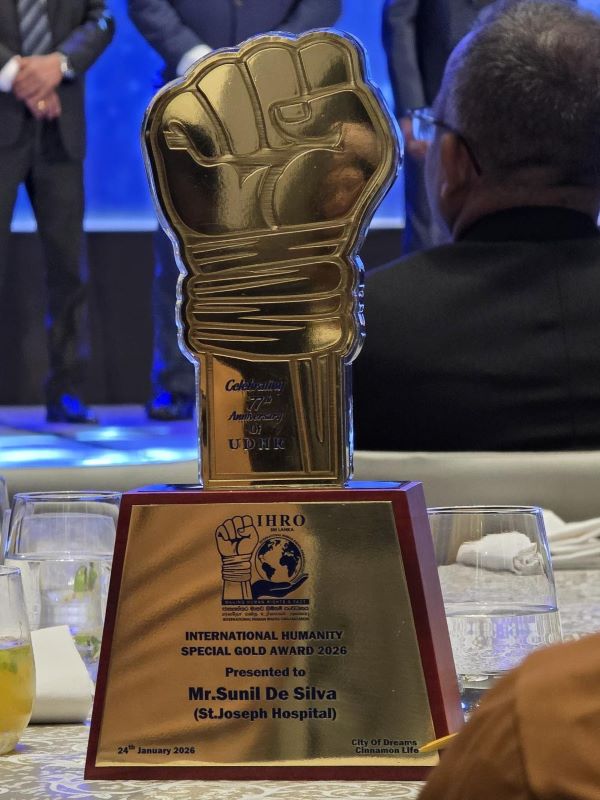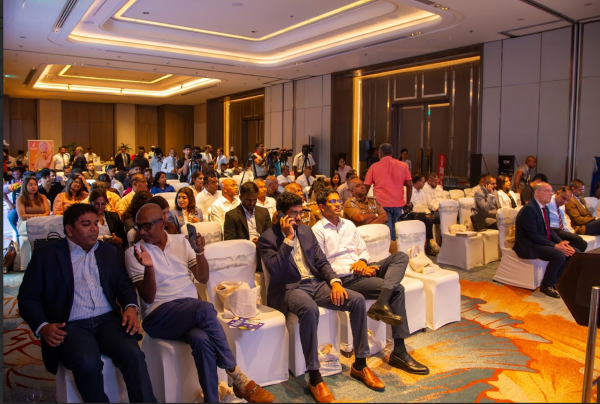From Tamil Nadu to BadullaA CENTURY IN THE TEA ESTATES OF SRI LANKA
Source:Sri Lankan Planters (SLP) Official FB page
The Spring Valley region of Badulla, nestled at the foothills of the Namunukula range, is one of the coldest areas of the Uva province. The tea factory of the same name has long since been abandoned but the estate that surrounds it is home to many.
At 104 years old, Muththu Theyvaney’s story chronicles the journey she made from India to Sri Lanka, and the way the industry has shifted over the past century. ‘I was born in India. When I was 5, my family came over to Sri Lanka. Our life there was simple, but when my father was presented with the opportunity to work abroad, we took it. We were told that, hidden in the tea bushes, we would find coconut and dry fish, all the riches we could earn money from. That was what they told people in those days, to entice them to come to Sri Lanka for work.’
‘We took the train from A: Kottamangalam – where I was born and where we had lived – to B: Rameswaram, in a far corner of Tamil Nadu. From there we took the ferry to Sri Lanka. It ran from Rameshwaram to C: Talaimannar. From a camp there, we got on another train that took us to D: Polgahawela – where all the railway lines connect. Finally we took one last train to E: Badulla, our new home in the Wewassa Estate in Spring Valley.’
‘I had to start plucking at the age of 12. Someone taught us what we had to do. I was still too short to reach some of the tea bushes. My father and seven older siblings had to take turns carrying me so I could pluck the topmost leaves. We each had a target of 25 bags of shoots for the day and if I didn’t have enough, my family would make up the balance with handfuls of tea from each of their collections.’
‘I never went to school, and always worked on the estate. At the age of 17, I was married to a man that my parents found for me, and that’s when I moved to the Spring Valley Estate. One of my children is in India and two of them are here in Sri Lanka. They work in estates here. Their children, my grandchildren, also have children now.’ ‘I stopped work when I was 67 years old, around 1980. There was still work to be done but even though I was more productive than girls much younger than me, I could not carry on working like that. I first thought that I wouldn’t need to claim my EPF. What would I do with the money that has accumulated since 1958? Later when I asked the estate accountant to help me get it back, he refused. Despite my best efforts, he kept refusing so I gave up on the money they owe me.’
Nothing much has changed in the many years since we came here. These line houses are the same ones that were our first homes. We were given everything we needed – food, medication, supplies – and were not supposed to leave the estate. That is maybe the one thing that has changed, that people are allowed to go out to the village and cities now.’
They told us that Sri Lanka was a rich country and all the riches we would find there. It wasn’t as they said it would be, and we were working long hard hours to earn our pay. As long as we were careful with what we said, we were told everything would be fine. It was only our own mouths that could cause problems.’
Mr P. Muthulingam founded and curates the Tea Plantation Workers’ Museum and Archive in Gampola. He further recounted the histories of the journey that workers made from South India, for promise of a better life here in Sri Lanka;
Indentured or contract labour began in the days of coffee planting in Sri Lanka. Those considered to be ‘untouchables’ in South India fled the caste oppression of their home country. They walked from where they lived to the port, where catamarans and small boats brought them to Mannar. From here they walked once again, hundreds on kilometres to their new lives in the hills of Kandy. They would beat drums to keep the wild animals at bay. People fell sick along this journey, suffering dysentry and diarrhea that didn’t always allow them to reach their destination. If someone died along the journey, they couldn’t be buried properly so you would see skeletons on the roadside, dug up by wild animals. The people were then auctioned off to planters. Tea – introduced by James Taylor in 1867 – required more constant work, considering how often the leaves needed to be picked. Most of those workers chose to stay on, preferring to die here even with the back-breaking work, because unlike in their home country, they received some sort of recognition.‘
Muththu Theyvaney herself said that there has not been a drastic change in the lives of the workers in the many years she has lived on the estates. The housing system remains the same as it was a century ago while facilities are also lacking. Basic rights such as ownership of land and an address for their individual homes are issues being addressed by civil society and community-based organisations, with slow progress.
August 2017 marks 150 years of tea production in Sri Lanka. To mark this anniversary, there have been several celebratory activities and events planned throughout the year, including a Global Tea Party, International Tea Convention and a charity auction. While there has been much reported in the media around these events, there has been little mention of the tea plantation workers without whose contribution the industry would not exist. With this in mind, Groundviews, Maatram and Vikalpa – the Civic Media network of the Centre for Policy Alternatives – will be creating a series of features aimed at raising awareness around the hardships faced by workers and their families. Credit to Groundnews .web page.





















